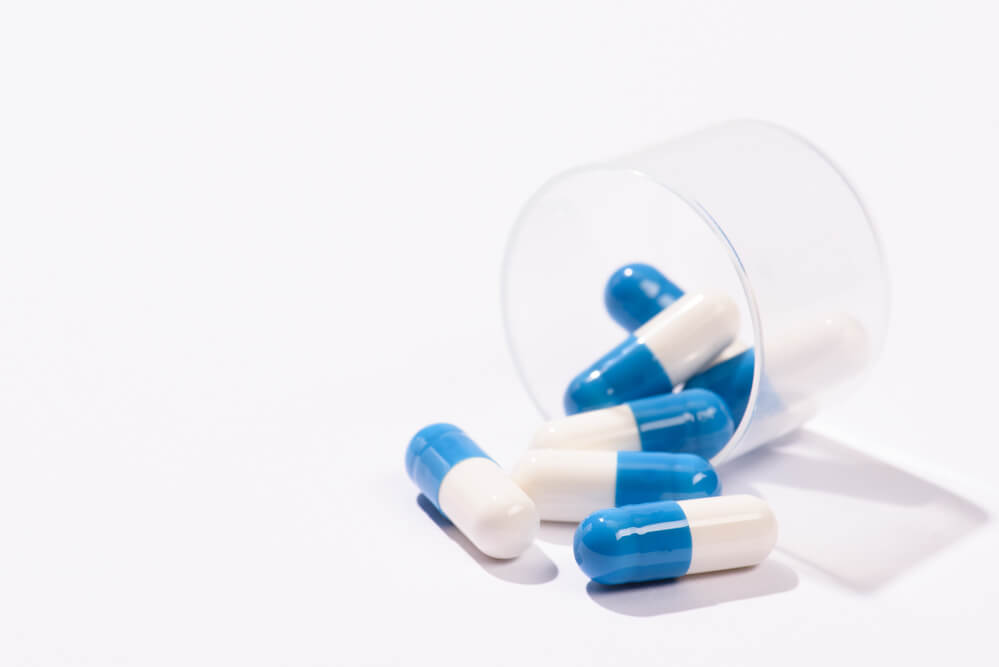
On 18 October 2021, the Russian IP Court rendered the decision in Geropharm vs. Novo Nordisk. While dismissing the claims, the IP Court has given the green light to a new legal mechanism of challenging a Patent Term Extension (‘PTE’) and Supplementary Protection Certificate (‘SPC’).
It used to be problematic for generic companies to meet a heavy burden of proof. But the situation may change significantly.
In case SIP-461/2020, the Presidium of the Intellectual Property Court has introduced a new remedy for patent term extension disputes.
Particularly, the Court stated that from now on, a PTE and SPC for medicines may be challenged in a significantly easier way:
- The requirement to comply with a 3-month term before filing a lawsuit has been removed
Previously, a generic company had to file a lawsuit within 3 months from the date it became aware of a PTE or SPC and prove that its commercial interests were undermined.
The term used to commence when a generic company received a C&D letter (case SIP-744/2018) or a lawsuit (case SIP-327/2016) or when it publicly announced its business plans for a particular drug (case SIP-461/2020).
Such a limited term made it practically difficult for generics companies to get well prepared for a PTE or SPC invalidation case.
- The burden of proof has been reallocated
Previously, patent term extension disputes were considered under a specific administrative procedure. The Patent Office used to be a respondent, while the patent holder was only a third party. The burden of proof was strongly on a generic company.
Now the dispute shall be considered in an adversary manner between a generic company and a patent holder.
The Intellectual Property Court retains its jurisdiction over this category of disputes.
In its reasoning, the Presidium of the Intellectual Property Court identified a gap in the legislation in terms of PTE and SPC invalidation. It rectified it with general references to the Constitution (the right to fait trial under art. 46) and international law (the Eurasian Patent Convention).
As part of this case, the procedure for challenging a PTE and SPC was also reviewed by the Constitutional Court, under a special court request.
Such court practice opens up new opportunities in patent disputes and may indicate that patent battles in the pharmaceutical market have entered a new round.
________________________
To make sure you do not miss out on regular updates from the Kluwer Patent Blog, please subscribe here.


